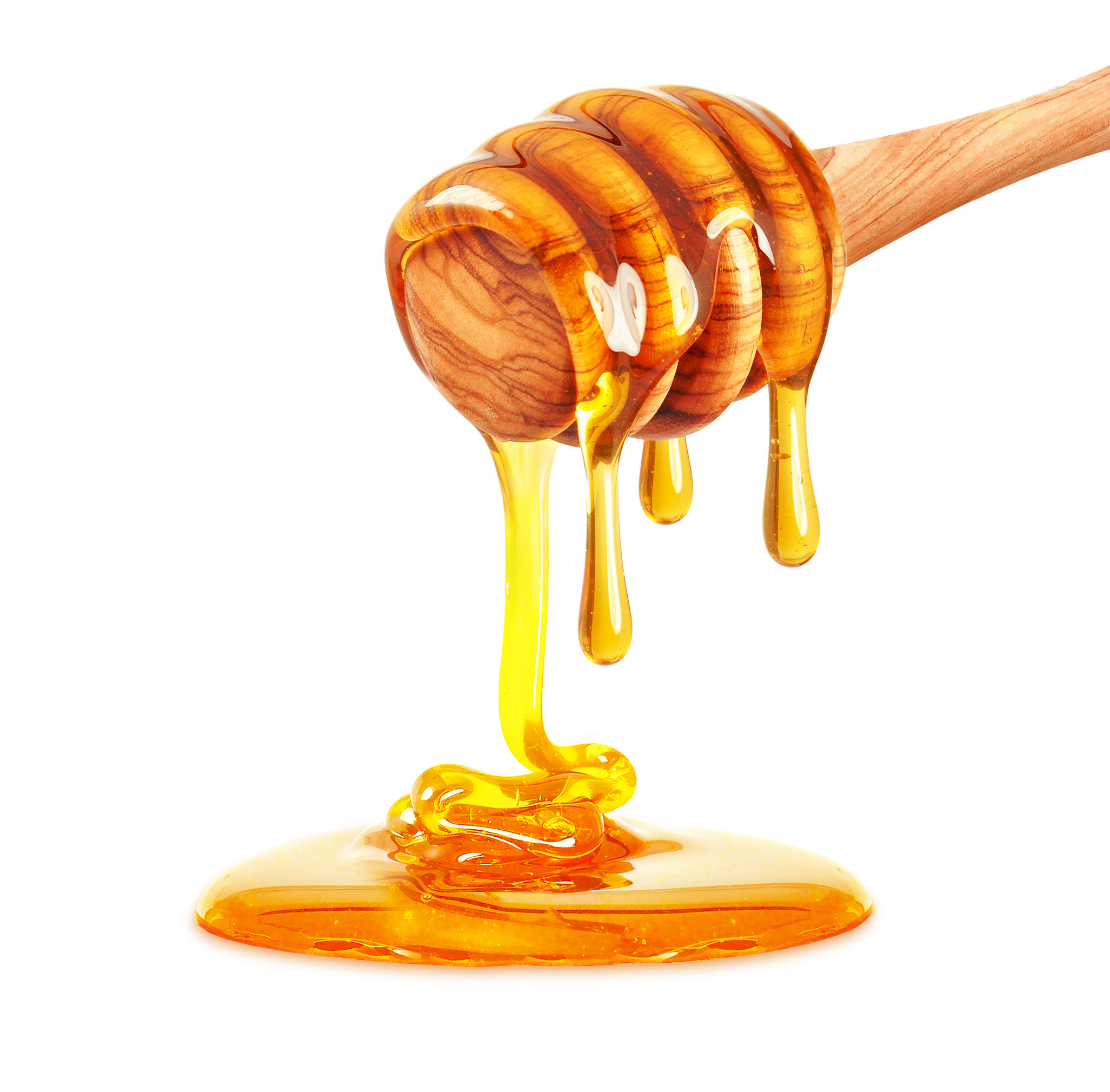
Honey has been known for its medicinal properties since ancient times. It has always been used to treat a number of ailments in human beings, but the antiseptic and antibacterial properties of honey have been discovered only recently. Various studies conducted in modern times have proved the super antimicrobial properties of honey.
What is Manuka Honey?
Manuka Honey is honey that has been produced from the nectar of the Manuka tree found in New Zealand. It is widely acknowledged as an alternative medicine, and contains more antibacterial properties than generic honey. Let’s take a closer look at the numerous other benefits of Manuka honey
Benefits Of Manuka Honey
Despite its varied medicinal benefits, one needs to keep in mind that Manuka honey is not designed to replace standard medical care. In fact, it’s often only used as a backup when standard drugs fail to work.
How Much Manuka Honey Should One Consume?
Experts recommend consuming about one tablespoon of Manuka honey approximately three times per day. However, if you’re someone who experiences acute inflammation or pain throughout the day, you may want to consider taking a spoonful about once per hour (the effects of the honey also depend on things like your age, health, weight, and metabolism). A lot of people like to use Manuka honey in cooking since it tastes good and promotes good health at the same time.
Conclusion
In the end, one should not expect miracles from this honey. However, there is no doubt that it has shown great promise against numerous ailments when taken in the right doses, and can help alleviate pain and suffering indefinitely.

A new study suggests that a widely used sugar substitute found in diet sodas, chewing gum, and low-sugar yogurt may elevate insulin levels. This could increase the long-term risk of heart disease. “Artificial sweeteners have infiltrated nearly all types of food, making it crucial to understand their long-term health effects,” said Yihai Cao, senior author […]

Diet Coke has long been a fan-favorite among soda lovers who want a fizzy, guilt-free alternative to traditional soft drinks. While its zero-calorie, zero-sugar label makes it seem like a healthier option, the reality is far more concerning. Despite its undeniable popularity, Diet Coke’s nutritional profile has raised red flags among health experts for years. […]

New study shows that embracing an anti-inflammatory, plant-forward diet can support cognitive function and help reduce the risk of dementia. What You Eat Shapes Your Brain The food you eat doesn’t just impact your body—it also affects your brain. Research suggests that eating an anti-inflammatory, plant-based diet can help improve memory, focus, and overall brain […]